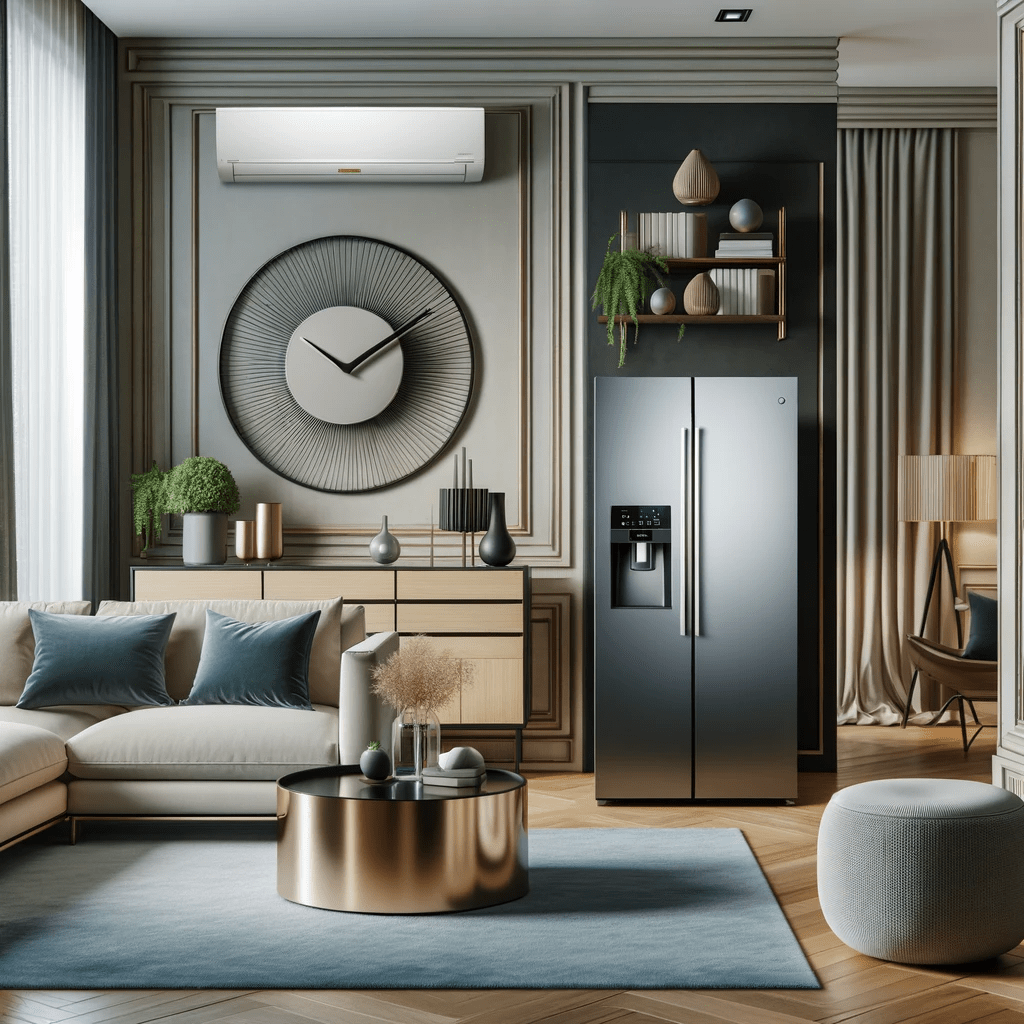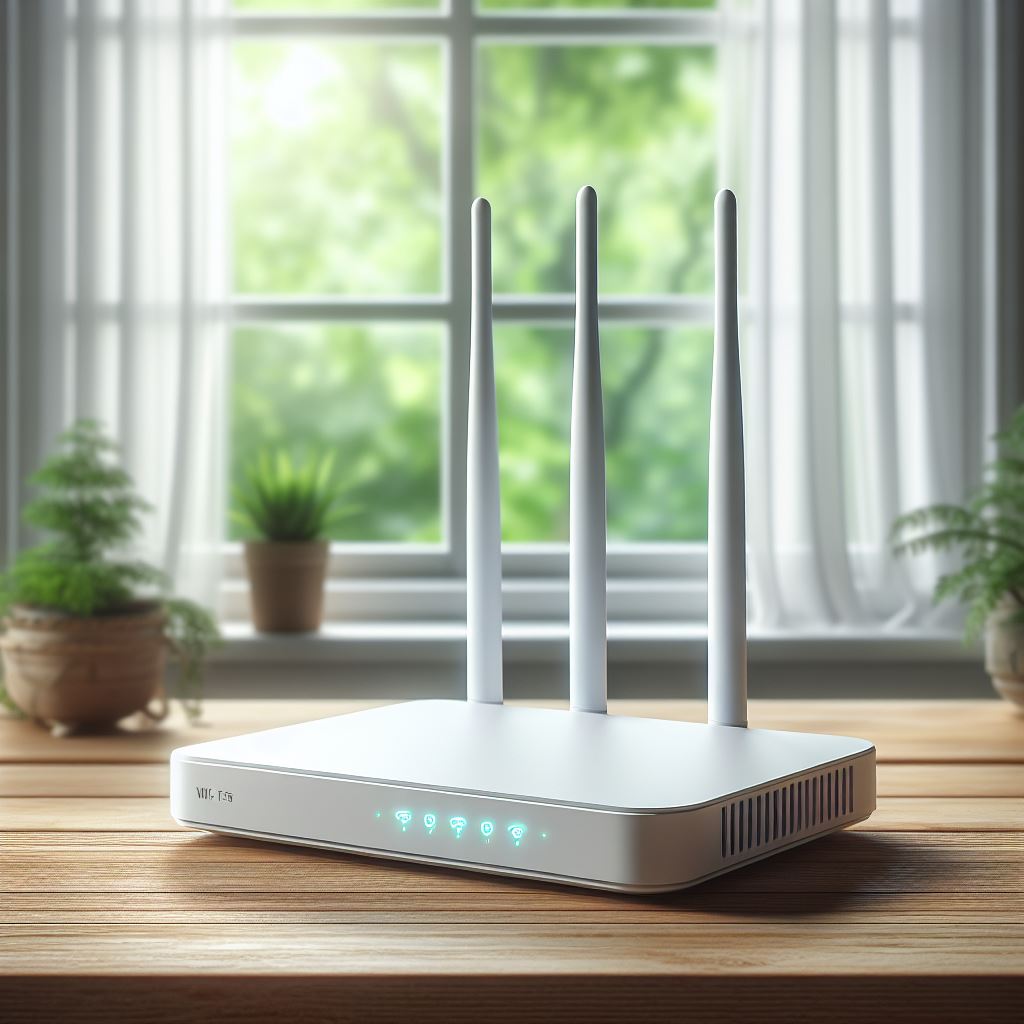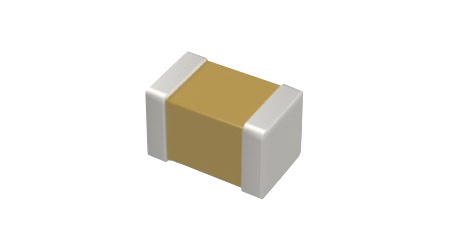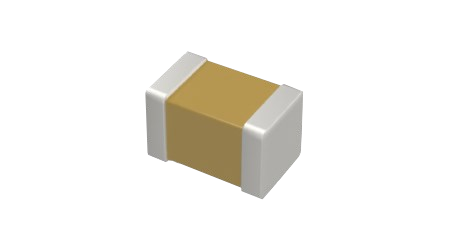Showing 1–12 of 16 results
YAGEO Multilayer Ceramic Capacitors (MLCC)
Product Selector Guide
| Product Number | Capacitance | Tolerance | Voltage – Rated | Temperature Coefficient | Package / Case |
|---|---|---|---|---|---|
| CC0201KRX5R6BB104 | 0.1 µF | ±10% | 10V | X5R | 0201(0603 Metric) |
| CC0603JRNPO9BN101 | 100 pF | ±5% | 50V | C0G, NP0 | 0603(1608 Metric) |
| CC0402KRX7R7BB104 | 0.1 µF | ±10% | 16V | X7R | 0402 (1005 Metric) |
| CC0402KRX7R8BB104 | 0.1 µF | ±10% | 25V | X7R | 0402 (1005 Metric) |
| CC0402KRX7R9BB104 | 0.1 µF | ±10% | 50V | X7R | 0402 (1005 Metric) |
| CC0603KRX7R0BB104 | 0.1 µF | ±10% | 100V | X7R | 0603 (1608 Metric) |
| CC0603KRX7R7BB104 | 0.1 µF | ±10% | 16V | X7R | 0603 (1608 Metric) |
| CC0603KRX7R9BB104 | 0.1 µF | ±10% | 50V | X7R | 0603 (1608 Metric) |
| CC0805KKX7R0BB104 | 0.1 µF | ±10% | 100V | X7R | 0805(2012 Metric) |
| CC0805KRX7R0BB102 | 1000 pF | ±10% | 100V | X7R | 0805(2012 Metric) |
| CC0805KRX7R9BB102 | 1000 pF | ±10% | 50V | X7R | 0805(2012 Metric) |
| CC0805KRX7R9BB104 | 0.1 µF | ±10% | 50V | X7R | 0805(2012 Metric) |
| CC1206KKX7R0BB104 | 0.1 µF | ±10% | 100V | X7R | 1206(3216 Metric) |
| CC1206KKX7RABB104 | 0.1 µF | ±10% | 200V | X7R | 1206(3216 Metric) |
| CC1206KKX7RDBB102 | 1000 pF | ±10% | 2000V | X7R | 1206(3216 Metric) |
| CC1206KRX7R9BB104 | 0.1 µF | ±10% | 50V | X7R | 1206(3216 Metric) |
Learn More
What factors are important when selecting MLCC?
Selecting the right MLCC (Multilayer Ceramic Capacitor) for an application requires careful consideration of several key factors to ensure optimal performance and reliability. Here are the important factors to consider:
Capacitance Value: The MLCC’s capacitance should match the application’s requirements. Choose a capacitance value that provides the necessary energy storage or filtering capability.
Voltage Rating: Select an MLCC with a voltage rating that exceeds the maximum voltage expected in the circuit. Operating an MLCC above its rated voltage can lead to breakdown and failure.
Tolerance: MLCCs are available in different tolerances, such as ±5% or ±10%. Choose a tolerance that meets the circuit’s requirements for accuracy and stability.
Temperature Coefficient: The MLCC’s temperature coefficient determines how its capacitance changes with temperature. For applications requiring stable capacitance over a wide temperature range, choose an MLCC with a low temperature coefficient, such as C0G (NP0).
Dielectric Material: Different dielectric materials, such as X7R, X5R, and C0G, offer different characteristics in terms of temperature stability, capacitance, and voltage rating. Select the dielectric material that best suits the application’s requirements.
Size and Package: MLCCs come in various sizes and packages. Consider the available space and mounting requirements when selecting an MLCC.
Frequency Response: For applications where the MLCC will be used in high-frequency circuits, consider the MLCC’s frequency response and ensure it meets the requirements of the circuit.
Reliability: MLCC reliability is crucial, especially in critical applications. Consider the MLCC’s reliability specifications, such as failure rate and operating life, to ensure it meets the application’s requirements.
Cost: Balance the performance and reliability requirements of the application with the cost of the MLCC. Choose an MLCC that offers the best combination of performance and cost for the application.
How does the temperature coefficient affect MLCC performance?
The temperature coefficient of an MLCC (Multilayer Ceramic Capacitor) refers to how its capacitance changes with temperature. It is typically specified as a percentage change in capacitance per degree Celsius (%/°C). There are several common temperature coefficients, such as X7R, X5R, and C0G (also known as NP0), each with different characteristics:
X7R and X5R: These are the most common types of MLCCs and have a moderate temperature coefficient, typically around ±15% for X7R and ±10% for X5R over the specified temperature range. They are suitable for general-purpose applications where moderate capacitance stability over temperature is sufficient.
C0G (NP0): This type of MLCC has a very low temperature coefficient, typically around ±30 ppm/°C or less. This means that the capacitance of a C0G MLCC remains stable over a wide temperature range, making it ideal for applications requiring high precision and stability, such as in oscillators, filters, and timing circuits.
In general, a lower temperature coefficient indicates better stability of capacitance over temperature changes. When selecting an MLCC for an application, it is important to consider the temperature coefficient to ensure that the capacitor will perform reliably under the expected operating conditions.
What are the differences between X7R, X5R, and C0G MLCCs and their ideal applications?
The differences between X7R, X5R, and C0G MLCCs lie in their temperature coefficients, capacitance stability, and ideal applications:
X7R:
Temperature Coefficient: ±15% over the specified temperature range.
Capacitance Stability: Moderate.
Ideal Applications: Suitable for general-purpose applications where moderate capacitance stability over temperature is acceptable. Commonly used in power supplies, decoupling, and filtering applications.
X5R:
Temperature Coefficient: ±10% over the specified temperature range.
Capacitance Stability: Better than X7R.
Ideal Applications: Similar to X7R, but offers slightly better stability, making it suitable for applications where tighter capacitance tolerances are required.
C0G (NP0):
Temperature Coefficient: Very low, typically around ±30 ppm/°C or less.
Capacitance Stability: Excellent.
Ideal Applications: Ideal for applications requiring high precision and stability, such as in oscillators, filters, and timing circuits. C0G MLCCs are also suitable for applications where capacitance values need to remain stable over a wide temperature range.
In summary, X7R and X5R MLCCs offer moderate to good stability and are suitable for general-purpose applications, while C0G MLCCs provide excellent stability and are ideal for high-precision applications where capacitance values must remain stable over a wide temperature range.
The YAGEO
Yageo is a leading global manufacturer of passive electronic components, including resistors, capacitors, and inductors. The company was founded in 1977 in Taiwan and has since grown to become one of the world’s largest manufacturers of passive components.

Yageo offers a wide range of products to meet the needs of various industries, including consumer electronics, automotive, telecommunications, and industrial applications. The company is known for its high-quality products, innovative technologies, and commitment to customer satisfaction.
Yageo’s product portfolio includes surface-mount and through-hole resistors, MLCCs (Multilayer Ceramic Capacitors), chip inductors, and other passive components. The company is also a major supplier of automotive-grade components, meeting the stringent requirements of the automotive industry.
Overall, Yageo is a trusted and reliable partner for electronic component solutions, offering high-quality products, innovative technologies, and excellent customer service.








